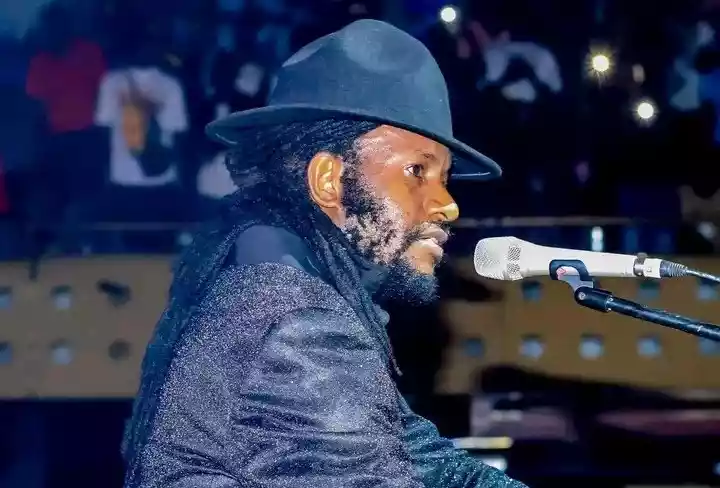
PRESIDENT Robert Mugabe reportedly told regional leaders at the recent Southern African Development Community (Sadc) Extraordinary Summit in Maputo, Mozambique, that most of the country’s security chiefs had still “not disconnected” from the liberation war mode, hence their partisan and contentious utterances on matters political, it has emerged.
SENIOR REPORTER
Mugabe was responding to calls for media and security sector reforms during last weekend’s explosive Sadc summit where the two MDC leaders — Prime Minister Morgan Tsvangirai and Industry minister Welshman Ncube — expressed concern over the country’s partisan security establishment as well as attacks in the State-controlled media.
MDC secretary-general Priscilla Misihairabwi-Mushonga, addressing a public dialogue meeting in Harare on Tuesday, said Mugabe pleaded with Sadc leaders and his political nemeses to treat the matter with sensitivity.
She said Mugabe made the remarks while responding to the MDCs’ call for media and security sector reforms. The MDC parties in their presentation accused security chiefs of dabbling in partisan politics.
Misihairabwi-Mushonga said: “On the issue of rule of law, President Mugabe said: ‘I agree. There is something wrong with the statements the security forces are making, However, let me explain to you why I think they make the kind of statements that they make, these are people who were with us during the liberation struggle and they have not disconnected themselves from the liberation struggle till today.
‘As far as they are concerned, they are still in the mode of the liberation struggle and we know we have to treat them with sensitivity, but I agree we have a problem.’ That was President Mugabe.”
This follows an outcry by the MDCs who accused top security personnel of meddling in partisan politics. Tsvangirai and Ncube urged the Sadc leaders to continue piling pressure on Mugabe to urgently implement security sector and media reforms ahead of the forthcoming harmonised polls.
- Chamisa under fire over US$120K donation
- Mavhunga puts DeMbare into Chibuku quarterfinals
- Pension funds bet on Cabora Bassa oilfields
- Councils defy govt fire tender directive
Keep Reading
Several top “securocrats” are on record vowing not to recognise an election outcome that did not favour Mugabe. Zimbabwe Prison Service Commissioner-General Paradzai Zimondi has openly declared his allegiance to Zanu PF and urged his subordinates to vote for Mugabe in the coming elections.
Police Commissioner-General Augustine Chihuri and Defence Forces Commander General Constantine Chiwenga have also attacked Tsvangirai inferring he was a malcontent who they would not salute in the event he defeated Zanu PF in any election.
Zimbabwe’s new Constitution calls for security forces to be professional and non-partisan and Sadc leaders recently asked security forces to publicly undertake to uphold the Constitution.
Strenuous efforts to contact Presidential spokesperson George Charamba were fruitless as his mobile phone remained unreachable yesterday.
Meanwhile, Misihairabwi-Mushonga accused Justice minister Patrick Chinamasa of misleading Mugabe on the proclamation of election dates without following the correct legal route.
“I’m very angry. I am angry with Chinamasa because I do not think anyone should do that to their own leader. What Chinamasa and whoever else persuaded them to advise President Mugabe to do those things that he did really is treasonous,” an emotionally-charged Misihairabwi-Mushonga said.
MDC-T spokesperson Douglas Mwonzora concurred, adding Mugabe had been “terribly misled” by his legal advisers.
“President Mugabe was terribly let down by his advisers on two matters; the first one was the proclamation of the election date. The President proclaimed the date four or five days after commencement of the voter registration exercise and he set the 28th of April as nomination day and also set 31 July as the polling date,” Mwonzora said.
“What the lawyers did not advise him are the provisions of the new Constitution governing elections. Powers of Parliament, powers of the President had become operational upon the signing of the Constitution. The advisers of the President told him that proclamation of the election date can happen within the 30 days. That was wrong advice. This is because during the 30 days there is nothing at law that the President can do.”
Mwonzora added: “Secondly, the new Constitution in section 157 says that the President can only proclaim an election date in terms of the electoral law. What that means is that the electoral law governing the elections must be brought into operation prior to the proclamation and not after proclamation.
So what the President did is that he proclaimed the date of elections and then he promulgated the Electoral Amendment Bill using Presidential Powers and that is illegal.”







